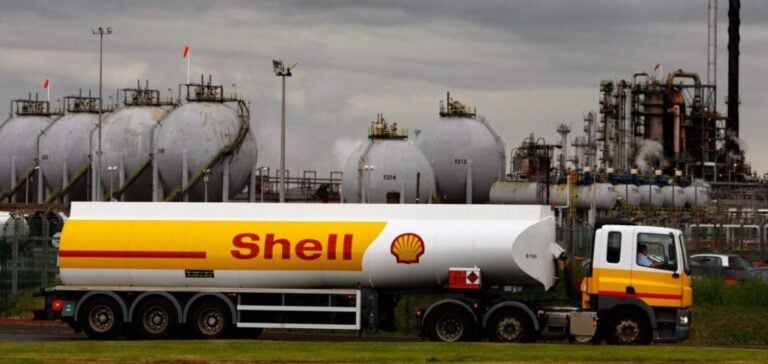Civil society organizations have sent a letter to the head of Nigeria’s Upstream Petroleum Regulatory Commission (NUPCR), urging him to refuse regulatory approval for the sale of Shell’s onshore assets. These NGOs, including Amnesty International, argue that the sale would harm the environment and local populations in the Niger Delta.
Details of the disputed sale
In January, Shell announced its intention to sell its oil subsidiary in southern Nigeria to the Renaissance Africa Energy consortium for up to $2.4 billion. Activists are demanding that Shell be allowed to proceed with the sale only if thorough consultations with local communities are carried out and environmental impacts are properly assessed and addressed.
Background to Shell’s actions
Shell has long been criticized for the environmental consequences of its operations in the Niger Delta. In 2021, the British Supreme Court allowed Nigerians to sue Shell in the UK for environmental damage. In 2022, a Dutch court ordered Shell to pay 15 million euros in compensation for oil leaks affecting three Nigerian villages.
Continued environmental impact in the Niger Delta
A recent report by the local government of Bayelsa State compared the annual oil spills in the Niger Delta to the Exxon Valdez disaster of 1989. NGOs point to this dramatic comparison to support their case against Shell’s sale, emphasizing the need for strong regulatory action to protect the region.
NGO calls to prevent the sale of Shell’s onshore assets in Nigeria highlight the ongoing challenges of regulation and environmental protection in the oil sector, underscoring the urgency of ensuring corporate accountability and community consultation.






















